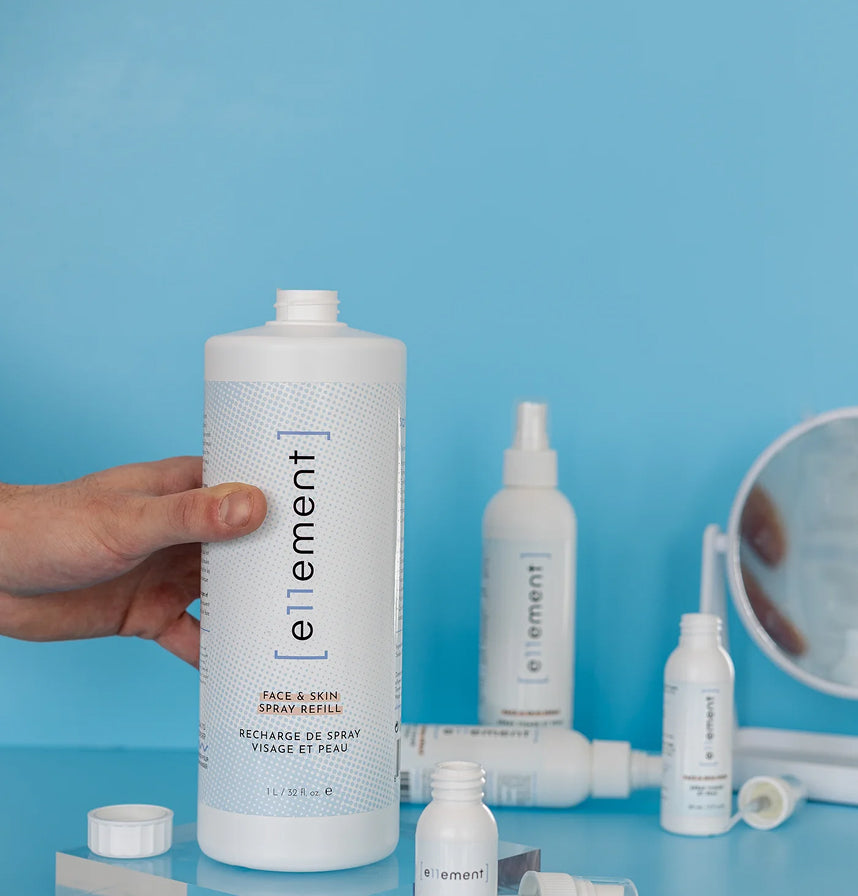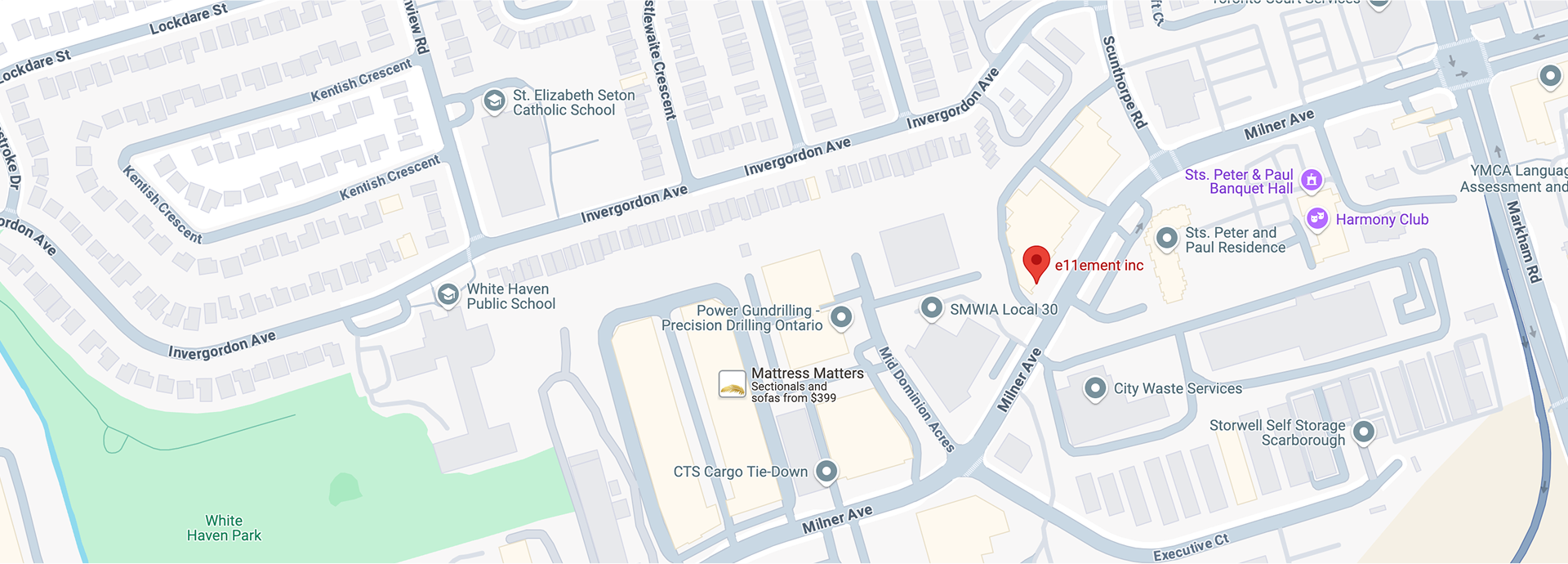Skin redness, often associated with conditions like rosacea, eczema, acne, and other irritations, can be a frustrating concern for many individuals. While there are numerous products and treatments available that claim to reduce redness, few are as gentle yet effective as hypochlorous acid. This article delves into how hypochlorous acid works and why it’s a highly effective solution for calming red, irritated skin.

Before exploring its benefits, it’s important to understand what hypochlorous acid is. This naturally occurring substance is produced by white blood cells as part of the body's immune response. Its primary role is to protect the body from harmful bacteria and pathogens. In recent years, scientists have harnessed hypochlorous acid's properties for use in various industries, including skincare, due to its ability to fight infections and promote healing.
Hypochlorous acid is non-toxic, non-irritating, and safe for all skin types, making it an attractive option for treating sensitive skin conditions such as redness, inflammation, and irritation.
Why Does Skin Redness Occur?
Skin redness is a result of increased blood flow to the skin's surface, typically caused by inflammation. Common conditions that cause redness include:
- Rosacea: A chronic inflammatory condition that results in facial redness, especially around the nose and cheeks.
- Eczema: Characterized by patches of itchy, red, and inflamed skin.
- Acne: Redness around blemishes is a result of inflammation caused by bacteria trapped in pores.
- Sunburn: UV rays cause the skin to become inflamed and irritated, leading to redness.
Understanding the root cause of redness is essential to choosing the appropriate treatment. Hypochlorous acid offers a gentle, effective solution for addressing this issue.
How Does Hypochlorous Acid Work to Reduce Redness?
One of the standout features of hypochlorous acid is its ability to calm inflammation, making it especially effective in reducing redness. Here’s how:
Anti-Inflammatory Properties
Inflammation is the body’s natural response to injury or infection, but when inflammation becomes chronic, it leads to conditions such as rosacea or eczema. Hypochlorous acid has anti-inflammatory properties that help reduce swelling, redness, and irritation in the skin. It interacts with inflammatory cytokines
Antibacterial Action
Many skin conditions that cause redness, such as acne, are exacerbated by bacteria. Hypochlorous acid is a potent antibacterial agent that fights harmful bacteria without damaging the skin’s microbiome. It eliminates bacteria that trigger inflammation, leading to clearer and less irritated skin.
Promotes Skin Healing
Hypochlorous acid not only reduces redness by fighting bacteria and inflammation but also promotes skin healing. It supports the body's natural repair processes, helping damaged skin recover more quickly from irritation. This ability to expedite healing is one of the reasons hypochlorous acid is often used in medical settings to treat wounds and burns.
Benefits of Hypochlorous Acid for Sensitive Skin
For those with sensitive skin, choosing the right skincare product can be challenging. Many products designed to reduce redness contain harsh chemicals or ingredients that can further irritate the skin. Hypochlorous acid, however, stands out because it is incredibly gentle while remaining effective.
Non-Toxic and Gentle
Hypochlorous acid is free from irritating additives and fragrances. It doesn’t sting, burn, or dry out the skin, making it ideal for those with extremely sensitive skin or conditions like rosacea and eczema. Unlike many other treatments, it won’t strip the skin of its natural oils or cause further redness.
Suitable for All Skin Types
One of the major benefits of hypochlorous acid is that it is suitable for all skin types, from oily to dry. Because it is naturally found in the body, there is little risk of adverse reactions. Even individuals with extremely sensitive skin can use it safely to reduce redness and irritation.
Fast-Acting Relief
Another advantage is how quickly hypochlorous acid acts on the skin. Many users report noticeable improvements in their skin’s appearance within a few applications. Redness is reduced, and the skin feels calmer and less irritated almost immediately.
Using Hypochlorous Acid in Your Skincare Routine
Incorporating hypochlorous acid into your skincare routine is simple. It is commonly found in sprays and serums, which can be applied directly to the skin. Here’s how to use it effectively:
Cleanse Your Skin First
Before applying hypochlorous acid, cleanse your skin to remove any dirt, oil, or makeup. This ensures the product can penetrate the skin and work effectively.
Apply as a Mist or Serum
After cleansing, spray the hypochlorous acid mist or apply the serum directly to the affected areas of your skin. There’s no need to rub it in; simply let it dry naturally.
Follow with Moisturizer
Once the hypochlorous acid has dried, follow up with your favorite moisturizer to lock in hydration. This helps keep your skin barrier strong and protected.
Conclusion: A Gentle Yet Effective Solution for Redness
Hypochlorous acid is a game-changer for anyone struggling with skin redness. Its anti-inflammatory, antibacterial, and healing properties make it an effective yet gentle solution for sensitive skin. Whether you're dealing with rosacea, eczema, acne, or just occasional irritation, hypochlorous acid can offer fast relief and long-term results.























